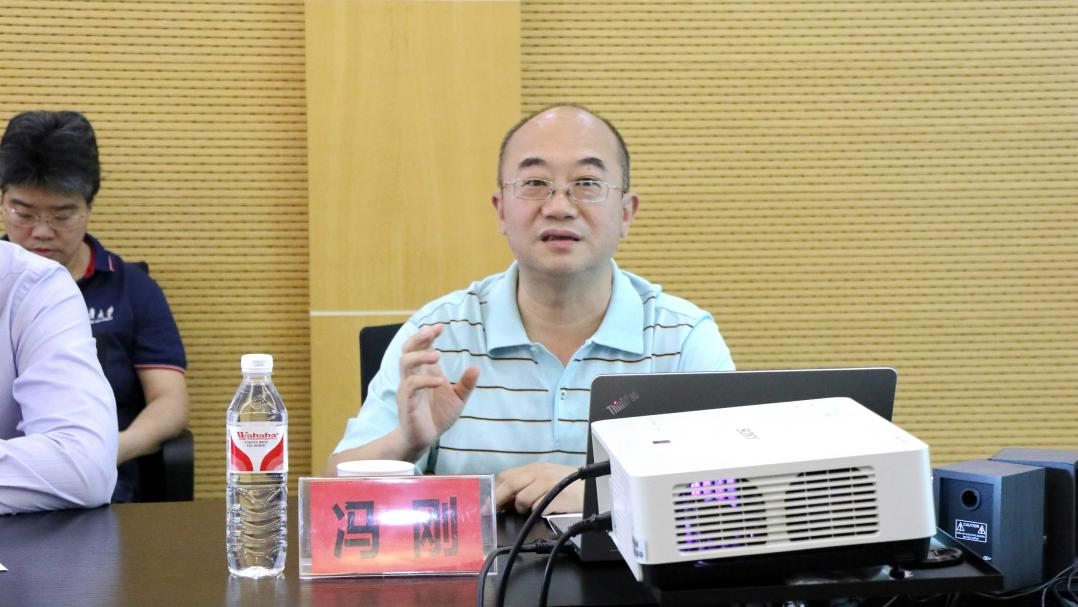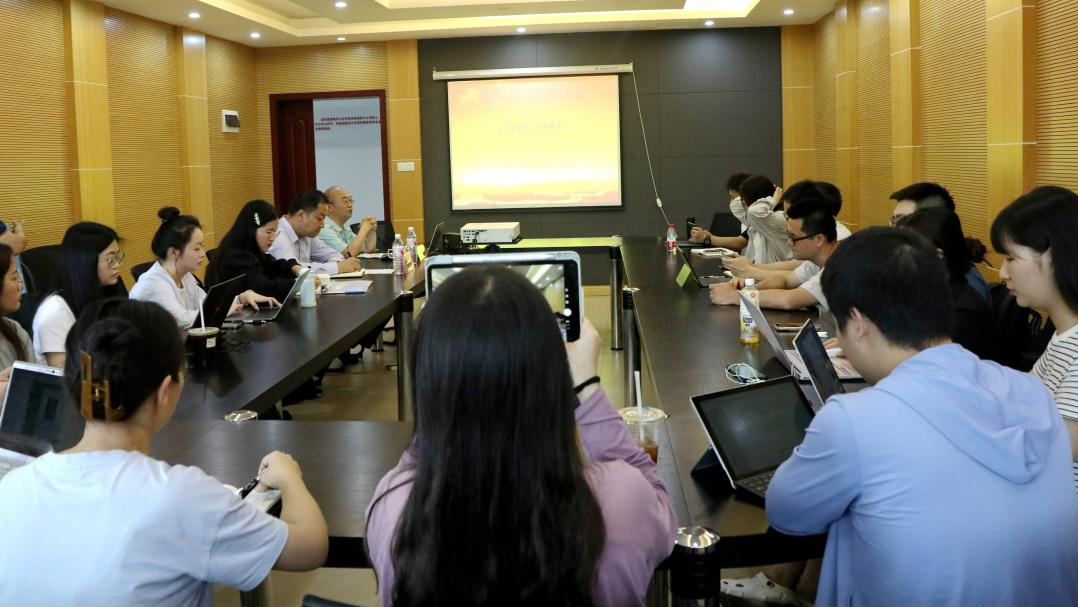Professor Feng Gang began by reviewing the development trajectory of the discipline of ideological and political education, particularly highlighting the enrichment of its content and the deepening of its practice in recent years. He emphasized that ideological and political education is not merely confined to theoretical teaching in the classroom but is also an essential educational component interwoven into the daily lives of the youth.

Prof. Feng pointed out that with the changing times and societal developments, ideological and political education has expanded from a singular focus on theoretical instruction to encompassing various aspects of students' lives, becoming a vital force in promoting their holistic development. He elaborated on the dimensions of ideological and political education within daily life, providing an in-depth analysis of several key aspects, including the subject and its active experiences, and the relational changes reflected through temporal and spatial intervals. These dimensions collectively contribute to the rich connotation of ideological and political education, ensuring that the education is no longer confined to the classroom but is embedded in every experience and growth phase of the youth.
In addition, Prof. Feng highlighted Document No. 16 of the State Council of the CPC Central Committee (2004), which delineates the main channel and the main front of ideological and political education, emphasizing their crucial roles and interrelationship. He stated that the main channel primarily refers to classroom teaching, serving as the principal battleground for the dissemination of ideological and political education theory. The main front, on the other hand, is more evident in youth's daily lives, such as campus culture, student activities, and volunteer services, becoming vital impotance of fulfilling ideological and political education. Professor Feng stressed that only by perfectly combining the main channel and the main front can the functions and effects of ideological and political education be fully realized.

Finally, Prof. Feng Gang engaged in a detailed and in-depth discussion on topics such as the main battleground of the internet and the characteristics of the youth. He emphasized that by deeply experiencing and understanding daily life, individuals can transcend themselves, understand others and society, and access profound wisdom. He asserted that ideological and political education should demonstrate its richness, closely integrate with the development of the times, transcend traditional frameworks, and place greater focus on youth’s growth and daily life. He called for a broader perspective in understanding ideological and political education, advocating for the cultivation of outstanding talents with a sense of social responsibility and an innovative spirit to meet the needs of national development.
Article&Photo by Yang Yang
Copyedited by Zhou Lingyu
